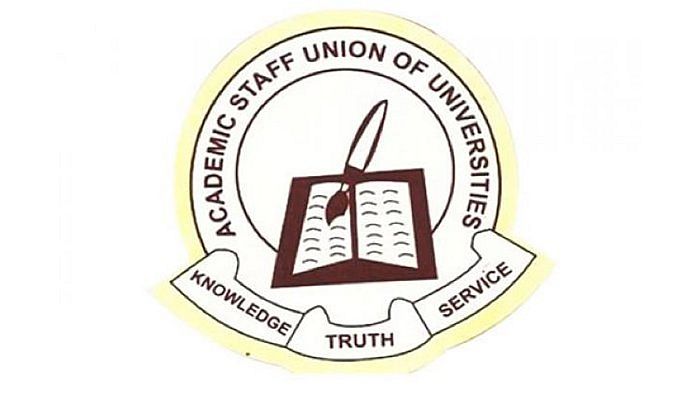On Wednesday, the Academic Staff Union of Universities announced that it would maintain its participation in industrial activities until the government satisfies the union’s requests.
As a consequence of this, the union is opposed to any plans that the Tertiary Education Trust Fund may have to include private universities in the country as beneficiary institutions of its many initiatives.
During a two-day interactive session between TETFund and the unions of beneficiary institutions, the President of the Academic Staff Union of Universities (ASUU), Professor Emmanuel Osodeke, expressed the perspective of the union.
Osodeke insisted that such a step would result in an increase in the number of substandard private universities.
While praising TETFund for its delivery, he urged the fund to work more on the monitoring mechanism of its projects across the country, highlighting the fact that the degree of performance by the beneficiary institutions is not in tandem, despite the fact that some of them received the same amount of money as others.
In addition to this, he advocated for the dissolution of what he referred to as the “stakeholders fund” and demanded that TETFund implement fines on institutions that were not meeting their financial obligations.
According to what he says,
The Academic Staff Union of Universities (ASUU) has stated that it will keep going on strike until the appropriate action is taken in all of our tertiary institutions. It is recommended that the Stakeholders Fund be eliminated.
Earlier on in his address, the Executive Secretary of TETFund, Sonny Echono, said that the interactive session was planned as a proactive engagement against the backdrop of the ongoing issues in the sub-sector. This information was presented by Echono as part of his welcome address.
Echono mentioned that the engagement was also for the purpose of sustaining steady growth and development of tertiary education, while emphasising the need to continually engage and push one another on how best to improve the situation. He emphasized that the engagement was for the purpose of sustaining steady growth and development of tertiary education.
“It is our fervent hope that this interactive session will provide an enabling environment for us to understand some of the challenges and difficulties we face in the delivery of quality education in our institutions, and that we will be able to make a meaningful contribution to the successful execution of the objective of the Fund as a result of this.
“As you are all aware, our major mission is to rebuild, restore, and consolidate Nigeria’s tertiary education system utilizing money in conjunction with project management.
“The session is also expected to serve as a platform to discuss and mitigate incidences of industrial disputes in the tertiary education sector and look at ways to prevent and avoid their occurrences,” he added. “The session is also expected to serve as a platform to discuss and mitigate incidences of industrial disputes in the tertiary education sector.”
He went on to say that the interactive session would provide an opportunity to strengthen and cement cooperation and collaboration between the fund, its beneficiary institutions, and the unions on issues that affect the growth and development of tertiary education in Nigeria. He said this was another point that he wanted to emphasize.
“As stakeholders and partners, we intend to share with you all that we have done and that which we continue to do,” he added.
Speaking on the topic of ‘The Role of Trade Unions in TETFund Intervention Activities,’ the former President of the Nigeria Labour Congress, Comrade Ayuba Wabba, praised the fund for its unwavering dedication to the improvement of university education and experience for lecturers, non-academic workers, and the student population in various campuses all over the country. Wabba spoke on the topic of ‘The Role of Trade Unions in TETFund Intervention Activities’.
Wabba pointed out that the NLC has benefited tremendously from the ideological clarity and consistency of the unions at the academic institutions, and he mentioned that this was something that he had noticed.
“The patriotic and historical resistance of the Congress against the debilitating influence and impact of neo-liberal policies of successive government in Nigeria drew a lot of inspiration and verve from the intellectually sound positions advanced by unions in our tertiary institutions,” he said. “The intellectually sound positions advanced by unions in our tertiary institutions drew a lot of inspiration and verve from the patriotic and historical resistance of the Congress.”
Please go here to view further posts pertaining to ASUU.
